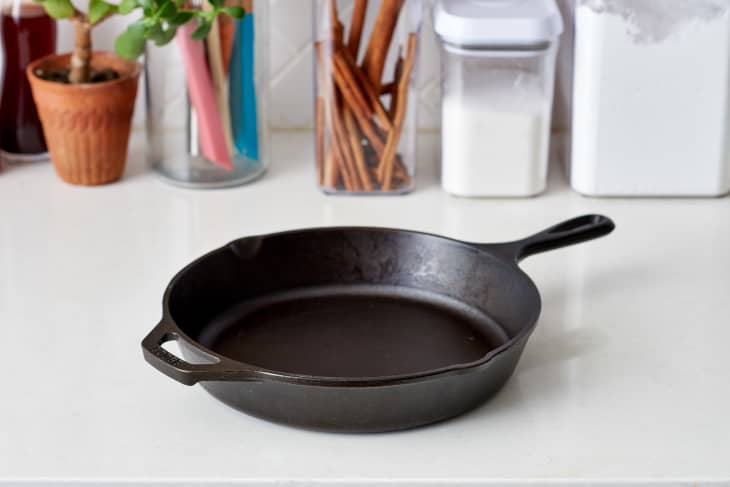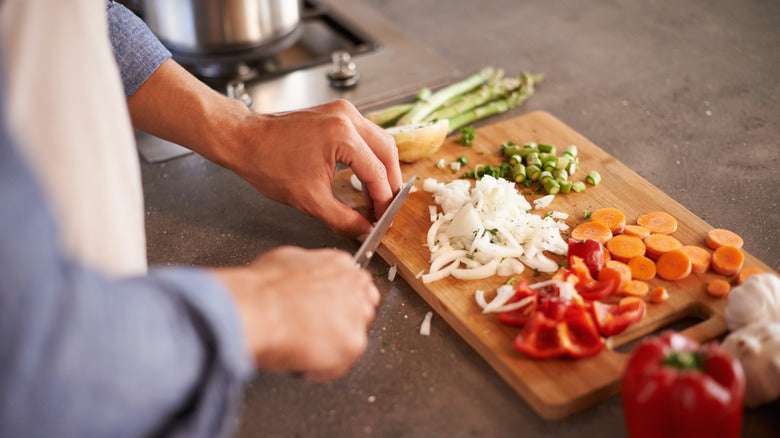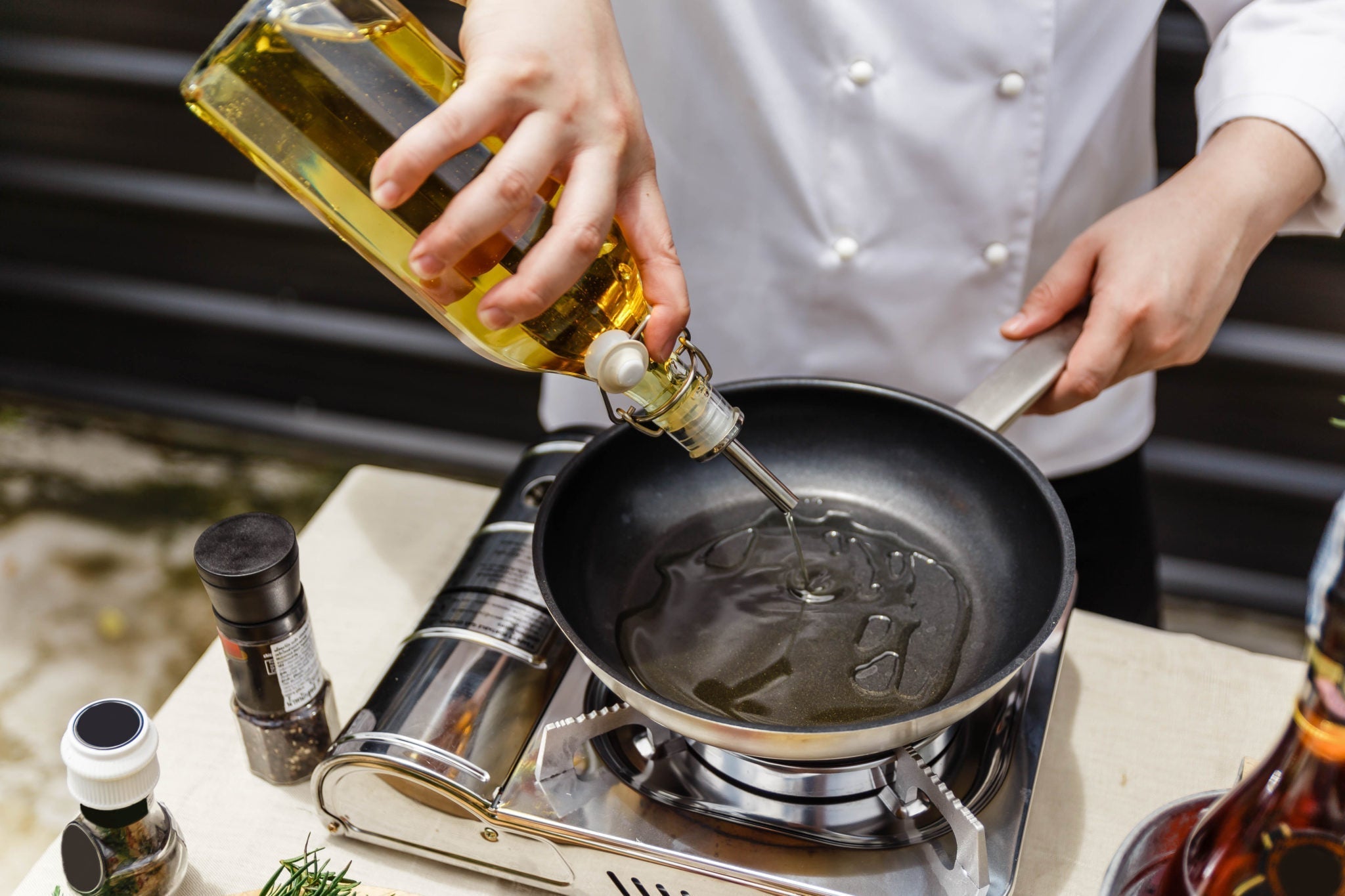For many kitchen professionals, a cast iron skillet is an indispensable tool that can last a lifetime with proper care. However, one of the most exasperating challenges faced is when the black coating begins to flake off. This article will delve into how to fix black coating coming off cast iron skillet effectively and share some essential tips you need to know.
The problem of the black coating coming off is common and often the result of improper cleaning or seasoning. Understanding how to address this issue is crucial for maintaining the quality and efficiency of your cookware. Let's get into the details!

Understanding the Black Coating
The black coating on a cast iron skillet is often a layer of seasoning that results from repeated applications of oil that have polymerized. When this protective layer is compromised, it can lead to rust, food sticking, and, ultimately, a damaged skillet. It is vital to have a deep understanding of the coating before we can effectively fix it.
Reasons for Peeling and Flaking
There can be various causes for the black coating coming off a cast iron skillet, including:
- Improper seasoning: Not applying enough oil or not heating the skillet properly can lead to a weak outer layer.
- Harsh cleaning methods: Using steel wool or harsh chemicals can strip away the coating.
- Temperature shocks: Rapid temperature changes can cause the coating to crack.
Steps to Fix the Black Coating
Here are step-by-step instructions on how to fix black coating coming off cast iron skillet.
1. Assess the Damage
First, inspect the skillet. Check the extent of the flaking or peeling. Minor issues may be manageable with re-seasoning, while more severe cases may require further treatment.
2. Remove Existing Coating
If the black coating is significantly peeling, you must scrape it off before proceeding. Use a plastic scraper to gently remove the damaged areas. This article on cleaning can provide you with tips on how to do this safely.
3. Clean the Skillet
Once the loose coating is removed, clean the skillet thoroughly. You can wash it with hot soapy water and a stiff brush. Rinse well and dry it completely to prevent rust.
4. Reseasoning the Skillet
Once your skillet is clean, its time to re-season:
- Apply a thin layer of oil (flaxseed oil, vegetable oil, or shortening) to the inside of the skillet.
- Preheat your oven to 450F (232C).
- Place the skillet upside down on a baking tray to catch any excess oil.
- Bake for one hour, then turn off the oven and let the skillet cool down inside.
Maintaining Your Cast Iron Skillet
Maintaining your skillet is just as important as fixing the coating. Here are simple yet effective maintenance tips:
- Season regularly: To keep the non-stick surface intact, re-season your skillet every few months.
- Avoid soaking: Do not leave your skillet to soak in water, as this can promote rust.
- Use mild cleaning agents: Stick to natural cleaners to avoid stripping the skillets seasoning.
FAQs
What type of oil is best for seasoning cast iron skillets?
Flaxseed oil and grapeseed oil are excellent choices due to their high smoke points.
How often should I season my cast iron skillet?
It is recommended to season every few months, or whenever the surface appears dull.
Can I use metal utensils with cast iron?
Yes, but be cautious as they can scratch the seasoning. Opt for wooden or silicone utensils when possible.

Conclusion
In conclusion, addressing the issue of the black coating coming off your cast iron skillet is crucial for your kitchen arsenal. With the right cleaning and re-seasoning process, you can restore its functionality and longevity. Remember to maintain your skillet regularly, using techniques such as those outlined in seasoning techniques and keeping it pristine. Your cast iron skillet can last for generations, providing delicious meals and memories!
As an Amazon Associate, I earn from qualifying purchases.






Leave a comment
This site is protected by hCaptcha and the hCaptcha Privacy Policy and Terms of Service apply.